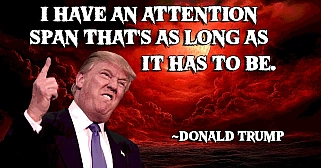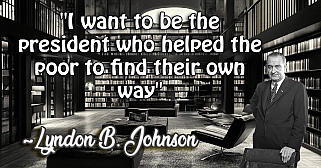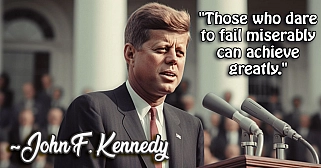George Washington: The Life of America's First President
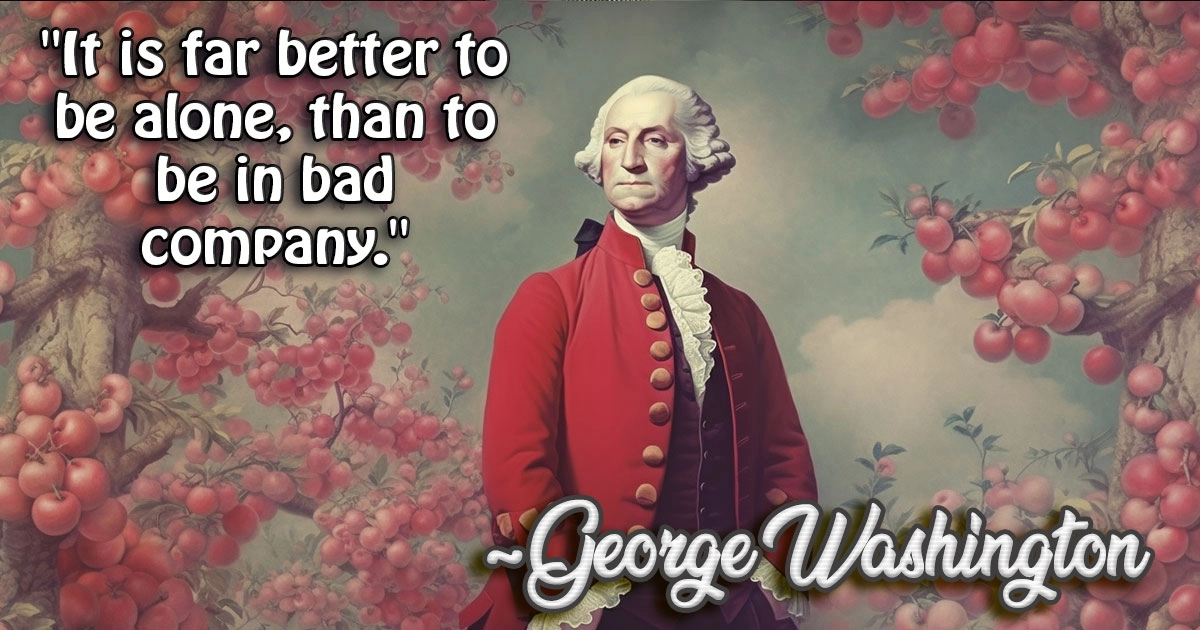
George Washington
George Washington was born on February 22, 1732, in Westmoreland County, Virginia, into a family of prosperous planters.
As a young boy, he was raised on the family’s tobacco farm, Ferry Farm, near the Rappahannock River. Washington had little formal education but learned the skills of surveying, mathematics, and farming, which would shape his early career. He was close to his half-brother, Lawrence, who introduced him to Virginia’s elite society and set the foundation for his future military and political life.
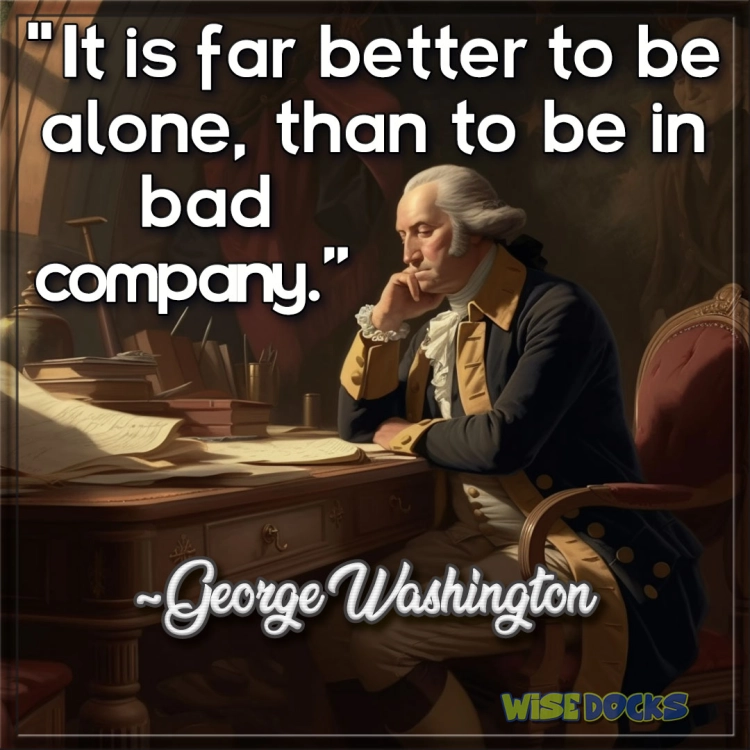
Early Life
At 17, Washington began his career as a surveyor, traveling through the rugged wilderness of Virginia, where he developed a keen understanding of land and its management. This work would later serve him well in his military campaigns and his own farming enterprises. By 1752, after Lawrence’s death, George inherited Mount Vernon, a large estate along the Potomac River, which became his lifelong home.
Washington’s first taste of military life came during the French and Indian War. At just 21, he was appointed a lieutenant colonel in the Virginia militia and tasked with delivering a message to French forces, warning them to leave the Ohio Valley. This expedition marked the beginning of his military career and exposed him to the dangers of frontier warfare. Though he experienced both victories and defeats during the war, Washington emerged with a reputation for bravery and leadership.
In 1759, George married Martha Custis, a wealthy widow with two children. This union not only solidified his position in Virginia’s gentry but also expanded his landholdings. Together, George and Martha managed Mount Vernon, where Washington applied innovative agricultural practices and sought to make the estate self-sufficient. He experimented with new crops like wheat and flax, moving away from the tobacco that had depleted the soil.
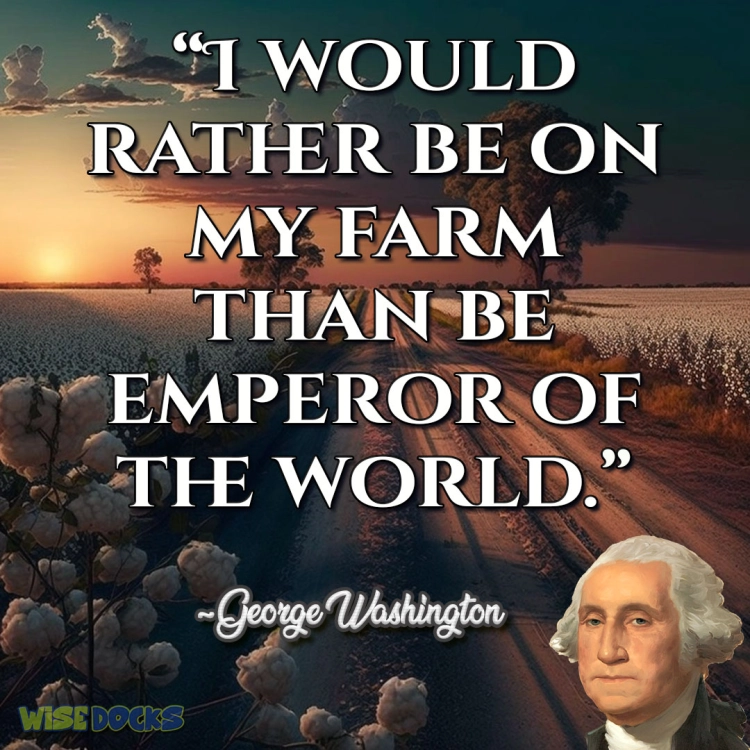
By the 1760s, tensions between the American colonies and Britain were escalating. Washington, a strong believer in liberty and self-governance, became an outspoken critic of British policies, including the Stamp Act and the Townshend Acts. When the Continental Congress convened in 1775, Washington was chosen to lead the newly formed Continental Army.
The American Revolutionary War was grueling and long, but Washington’s resilience and strategic leadership were key to the colonists’ eventual victory. Though the Continental Army faced shortages, harsh winters, and internal discord, Washington’s leadership, particularly during critical moments like the winter at Valley Forge and the crossing of the Delaware River, inspired his men and kept the revolution alive. In 1781, with the help of French allies, Washington forced the surrender of British General Cornwallis at Yorktown, effectively ending the war.
After the war, Washington returned to Mount Vernon, hoping for a quiet retirement. However, the weaknesses of the Articles of Confederation led to calls for a stronger central government. Washington was unanimously elected as the president of the Constitutional Convention in 1787, where he helped guide the drafting of the U.S. Constitution.
George Washington: The President
In 1789, George Washington became the first President of the United States, unanimously elected by the Electoral College, a testament to the immense trust and respect the nation had for him. His presidency was filled with challenges, as the young nation struggled to establish its identity and navigate the uncertainties of self-governance. Washington recognized that every decision he made would set precedents for future administrations, and he took great care in shaping the role of the presidency.
One of his first significant actions was the creation of the executive cabinet, a group of advisors that would assist the president in making critical decisions. He appointed some of the brightest minds of his time, including Thomas Jefferson as Secretary of State, Alexander Hamilton as Secretary of the Treasury, Henry Knox as Secretary of War, and Edmund Randolph as Attorney General. The diverse viewpoints within his cabinet often clashed—particularly between Jefferson and Hamilton—but Washington balanced these differences, ensuring that the new government operated efficiently while fostering debate and innovation.
Washington's presidency also marked the beginning of America's foreign policy. One of his most notable stances was his emphasis on neutrality, particularly during conflicts between France and Britain, two powers vying for global influence. The young nation was still fragile, and Washington believed that getting entangled in European wars would jeopardize its stability. This belief culminated in the Proclamation of Neutrality in 1793, where Washington declared that the United States would not take sides in the conflict between Britain and Revolutionary France. This decision was unpopular with both Federalists and Republicans but ultimately helped the nation avoid unnecessary conflict in its early years.
Domestically, Washington faced significant challenges in solidifying the federal government's authority. One of the most critical moments came during the Whiskey Rebellion in 1794 when farmers in western Pennsylvania protested a federal tax on distilled spirits. Washington responded by personally leading federal troops to quell the rebellion, a decisive move that established the principle that the federal government had the right to enforce its laws, even by military means if necessary. This demonstration of authority was crucial in showing that the new government could maintain order and unity.
Financially, Washington supported the establishment of a national bank, a plan proposed by Alexander Hamilton. The bank was part of Hamilton’s broader financial strategy to stabilize the nation’s economy by managing debt and creating a uniform currency. While this decision was met with opposition from Thomas Jefferson and others who feared it gave the federal government too much power, Washington believed it was necessary for the country’s economic health.
In 1796, after serving two terms, Washington made the landmark decision to step down from the presidency, establishing a precedent for the peaceful transfer of power. At the time, many feared that he would serve for life, becoming a monarch-like figure, but his decision to retire reaffirmed his commitment to the principles of republican governance. This voluntary departure after two terms became a standard that would not be broken until Franklin D. Roosevelt’s presidency over a century later.
Farewell Address
Washington’s Farewell Address was his final gift to the nation. In it, he warned of the dangers of political parties, fearing that factionalism could divide the country. He also cautioned against forming permanent alliances with foreign nations, advocating for diplomacy while maintaining independence in international affairs. His words of wisdom echoed through the generations and still influence American political thought.
After leaving the presidency, Washington returned to Mount Vernon, where he spent his final years as a private citizen. He focused on managing his estate and remained an influential figure, offering advice to his successors and maintaining correspondence with other leaders. On December 14, 1799, Washington passed away, leaving a profound legacy as the man who led the nation through its most formative years, both as a revolutionary leader and as its first president. His actions and character continue to serve as a guiding light for future presidents, and his role in shaping the office of the presidency remains unmatched in American history.
